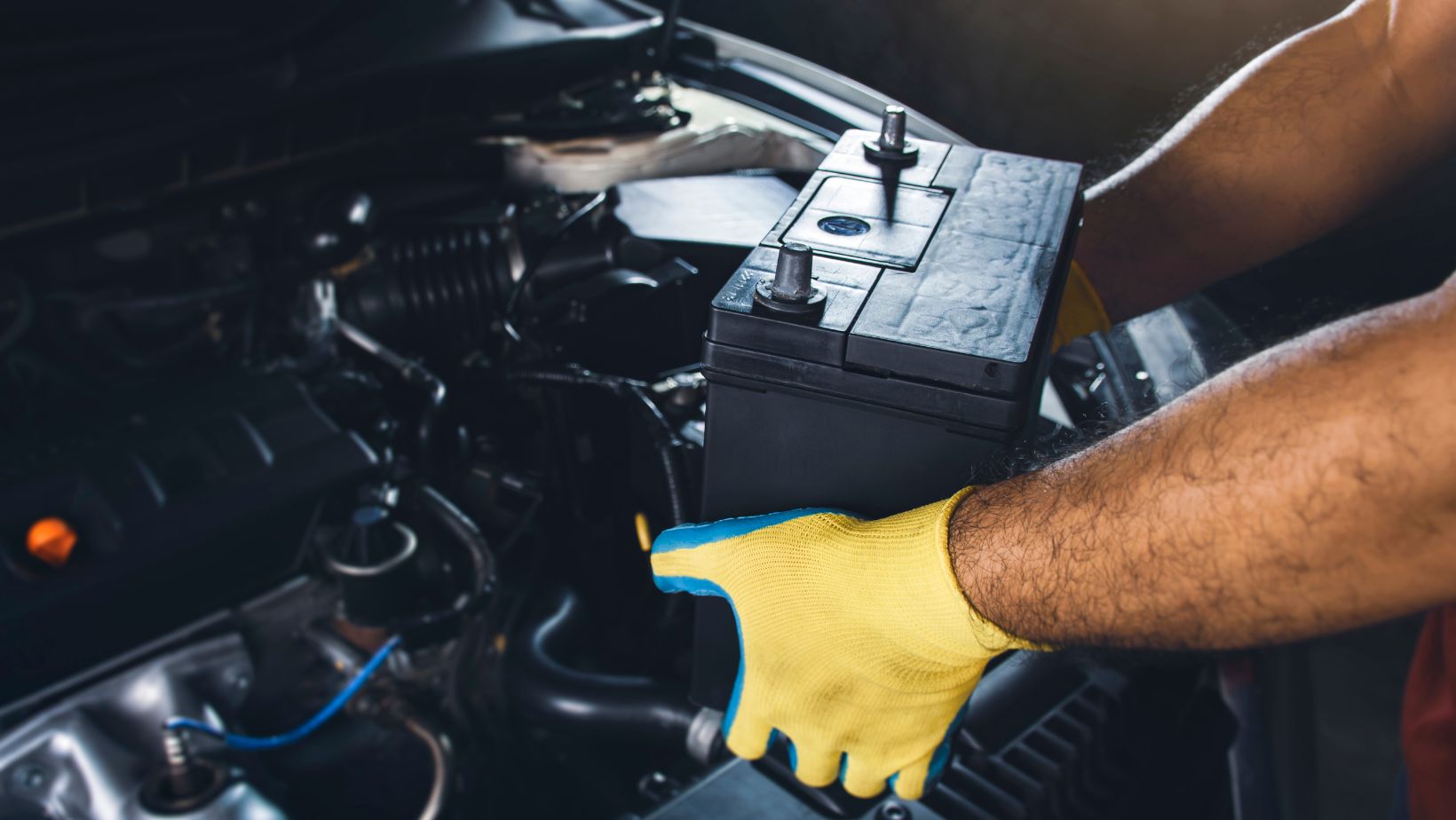When it comes to van ownership, few components are as critical as the battery. After all, your battery is the lifeblood of your vehicle, powering everything from the starter motor to essential electronic systems. Ensuring your battery operates efficiently not only enhances performance but can significantly extend its lifespan. Below is a comprehensive guide on maintaining your van battery, ensuring you get the most out of this vital component.
Understanding Your Battery’s Role
Your van battery primarily serves two functions: starting the engine and powering electrical components when the engine isn’t running. Understanding these roles helps you appreciate the battery’s significance. However, over time, batteries can degrade due to factors such as temperature fluctuations, corrosion, and excessive use. Therefore, knowing how to care for your battery is crucial.
Common Battery Types
The most common types of van batteries include:
- Lead-Acid Batteries: Traditional and reliable, these batteries are commonly used, especially in older vehicles.
- Absorbent Glass Mat (AGM) Batteries: More advanced than lead-acid, AGM batteries are resistant to vibration and offer better performance in extreme conditions.
- Lithium-Ion Batteries: An emerging choice for more modern vans, these batteries are lighter and hold charges longer but come at a higher cost.
Regardless of the type, regular maintenance is essential.
Essential Maintenance Tips
- Regular Checks
Performing routine inspections of your battery can help you catch issues early. Here are some areas to focus on:
- Corrosion: Look for corrosion on the battery terminals, which can impede the flow of electricity. Clean the terminals with a mixture of baking soda and water, ensuring that all connections are tight.
- Fluid Levels: For lead-acid batteries, periodically check the electrolyte levels. If they’re low, top them up with distilled water, ensuring not to overfill.
- Monitor Battery Voltage
Using a multimeter, check the battery voltage regularly. A fully charged battery should read about 12.6 volts or more. If the voltage drops below 12.4 volts, consider charging it to prevent deeper self-discharge, which can shorten its lifespan.
- Avoid Deep Discharge
Deeply discharging your battery can lead to sulphation, a process that damages the battery plates. To avoid this, ensure your battery stays charged, particularly if you’re using your van for short trips or leaving it idle for extended periods.
- Invest in a Quality Battery
As noted, the type of battery you choose matters. Investing in a battery that suits your specific needs will save you time and money in the long run. Check out a full collection of affordable van batteries that can provide reliable performance for your requirements. Remember, a good battery is an investment in peace of mind.
- Temperature Matters
Temperature can significantly affect battery performance. In colder climates, ensure your battery is stored in a warmer location if possible. Conversely, in warmer months, avoid parking your van in direct sunlight for extended periods, as excessive heat can lead to premature battery wear.
Signs Your Battery Needs Attention
Being aware of warning signs can help you react promptly, whether that means charging, cleaning, or replacing your battery.
Common indicators include:
- Slow Engine Crank: If your engine takes longer to start, it may indicate a weak battery.
- Check Engine Light: This dashboard warning can be triggered by battery issues.
- Swollen Case: A battery case that appears bulging is often a sign of heat damage, necessitating replacement.
Professional Help
While many battery maintenance tasks can be conducted at home, do not hesitate to engage professionals if you notice alarming behaviours. A vet in battery health can offer a comprehensive check-up and suggest the necessary actions, from simple maintenance to complete replacement.
Ideal Practices for Longevity
To further enhance your battery’s life:
- Limit accessory use: Keep the use of electrical components like lights, radios, and heaters to a minimum when the engine isn’t running.
- Regular charging: If you frequently use your van for short journeys, consider periodically fully charging the battery to maintain its health.
- Keep it clean: Routine cleaning and maintenance of battery terminals can prevent connection issues and promote longevity.
Conclusion
A well-maintained van battery can serve you reliably for several years. By incorporating these tips into your regular vehicle care routines, you can ensure that your battery remains in good health and supports your van’s performance and functionality. Monitoring your battery, understanding the signs that it may need attention, and knowing when to bring in a professional can save you from unexpected breakdowns and costly replacements. With the right approach, you’ll not only extend the life of your battery but also enhance your overall driving experience. Embrace these practices to keep your journeys smooth—your battery will thank you!





